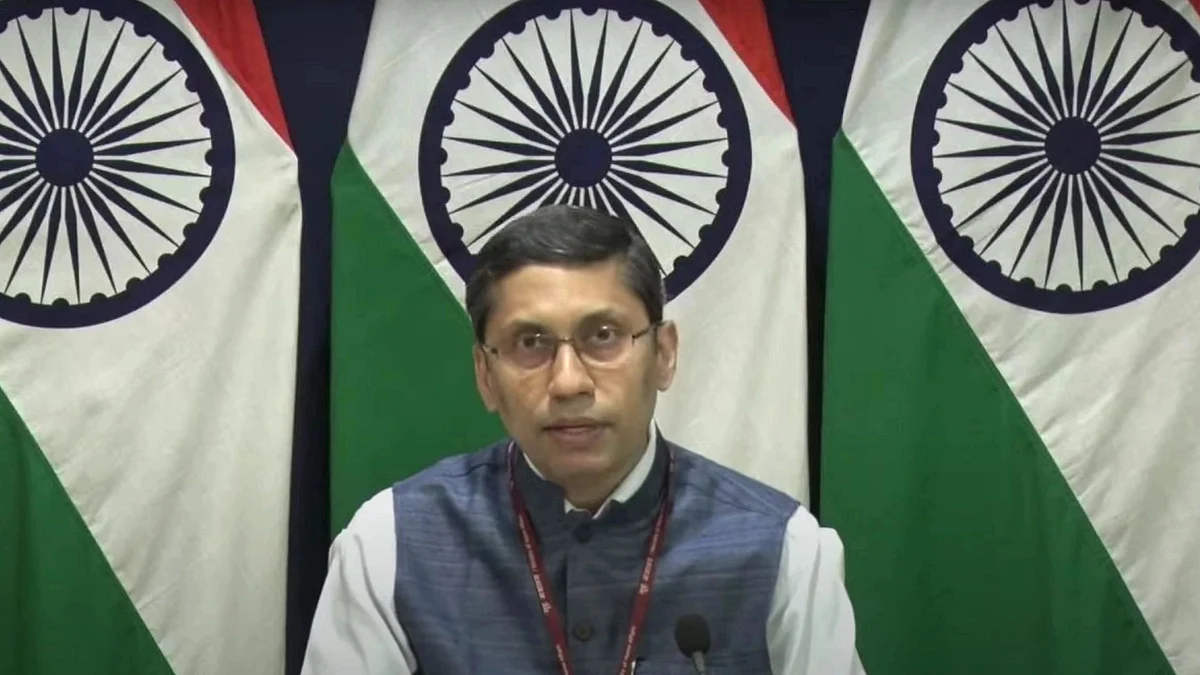'Supportive of Democracy': MEA Reacts to Rajapaksa's Resignation in Sri Lanka
Meanwhile, India's High Commission in Colombo denied reports that certain political persons had fled to India.

advertisement
Reacting to the scenes that are unfolding in Sri Lanka, India said on Tuesday, 10 May, that it would "always be guided by the best interests of the people of Sri Lanka expressed through democratic processes."
"As a close neighbour of Sri Lanka, with historical ties, India is fully supportive of its democracy, stability, and economic recovery," Ministry of External Affairs spokesperson Arindam Bagchi said.
"In keeping with our Neighbourhood First policy, India has extended, this year alone, support worth over US$ 3.5 billion to the people of Sri Lanka for helping them overcome their current difficulties. In addition, the people of India have provided assistance for mitigating the shortages of essential items such as food, medicine, etc," he added.
The death toll amid unprecedented violence in Sri Lanka rose to eight on Tuesday after a clash broke out between supporters of former prime minister Mahinda Rajapaksa (who resigned the previous day) and those demanding his resignation. More than 200 people have been injured in the violence that took place in the Sri Lankan capital of Colombo and other cities.
Meanwhile, the High Commission of India in Colombo, Sri Lanka, denied media reports that certain political persons and their families had fled to India.
"High Commission has recently noticed rumours circulating in sections of media and social media that certain political persons and their families have fled to India. These are fake and blatantly false reports, devoid of any truth or substance. High Commission strongly denies them."
The island nation has been going through an economic meltdown of a scale unseen since the country's financial crisis of 1948. Prices of essential commodities like rice, milk, and oil have skyrocketed, resulting in massive nationwide protests and political instability.